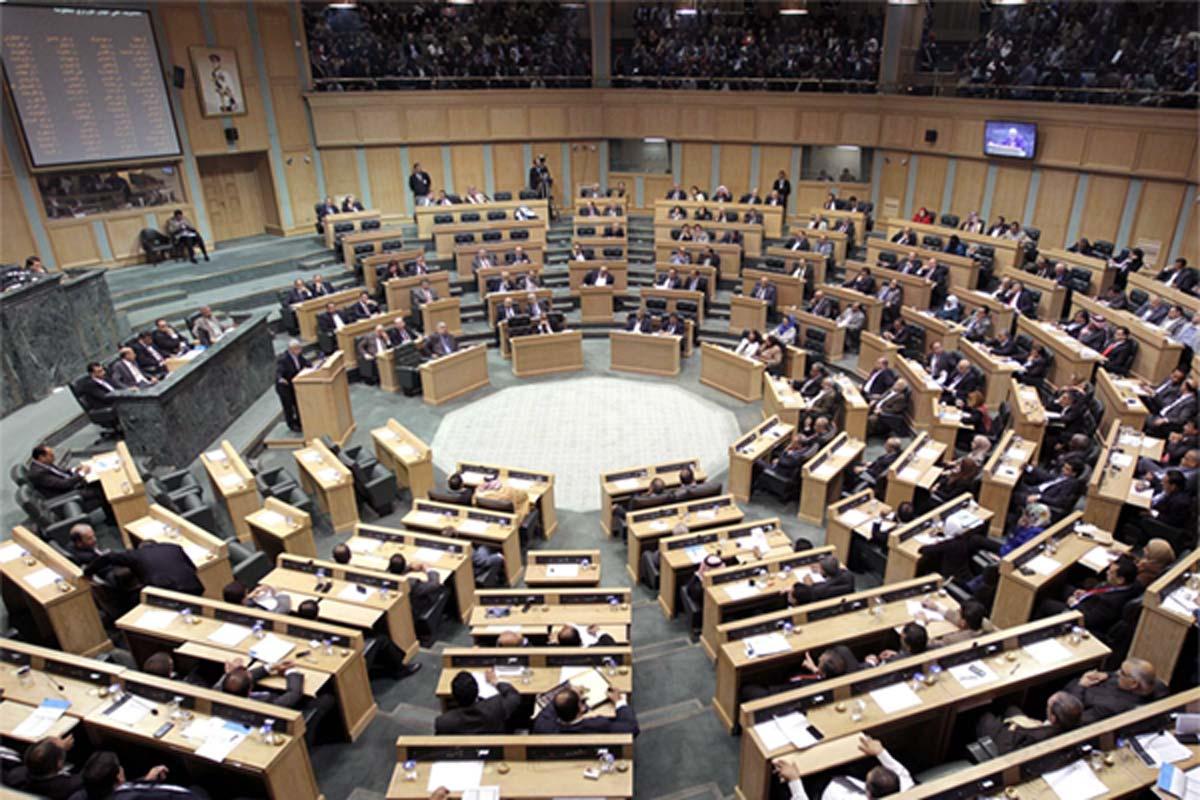The revival of Islam as a political force in the 1970s is a sociopolitical
phenomenon that is often difficult to understand. Much to the confusion of many,
the Islamic resurgence took place after waves of modernization, secularism,
and nationalism hit the Arab World. In this essay, I argue that extremist
strands of both political Islam and Islamic fundamentalism have and continue to
gain traction in the Arab world due to continued failures of the state: in the
Arab Israeli conflict, in providing for its people, and in exercising
sovereignty without foreign influence
There are a number of terms that are relevant to the understanding of modern
Islamist movements in the Arab World. Political Islam, or sometimes
Islamism, refers to “Islam as a political ideology rather than as a religious
or theological construct.” Political Islam can range from moderate to extreme,
but in all cases, its adherents hold the belief that “Islam as a body of faith
has something to say about how politics and society should be ordered in the
contemporary Muslim world” (Ayoob, 2004, p. 1). Islamic fundamentalism is a
closely related—but highly debated—term, describing a certain strand of
political Islam. Islamic fundamentalism is often understood in the context of
political Islam; indeed, many scholars use both terms interchangeably to
indicate a religious-political belief that the return to the fundamentals of the
Islamic tradition is the key to political and socioeconomic prosperity,
following the failures of secular, modernist, and nationalist movements
(Esposito, 2000, pp. 49-59).
Read more →